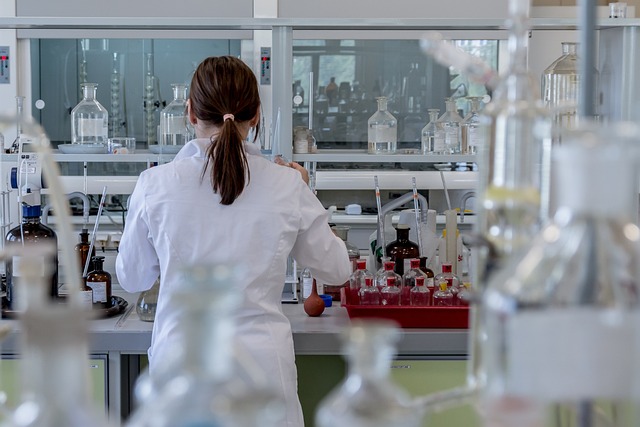Drie veelbelovende RUG-onderzoekers naar buitenlandse topinstituten met Rubicon-beurs

Drie veelbelovende RUG-wetenschappers gaan met behulp van de Rubicon-financiering van de Nederlandse Organisatie voor Wetenschappelijk Onderzoek (NWO) en ZorgOnderzoek Nederland Medische Wetenschappen (ZonMw) twee jaar onderzoek doen aan buitenlandse topinstituten. Met Rubicon geven de NWO en ZonMw startende wetenschappers de mogelijkheid internationale onderzoekservaring op te doen als opstap voor een wetenschappelijke carrière.
DNA repair verkeerde plaats, verkeerde tijd
Dr. Y.P. Kok , Faculteit Medische Wetenschappen/UMCG, Rijksuniversiteit Groningen -> Zwitserland -> University of Zürich -> 24 maanden
DNA-schade in kanker stimuleert de groei van tumoren aan de ene kant en aan de andere kant beïnvloedt in negatieve zin de levensvatbaarheid. Post-MiDAS is een recentelijk ontdekt DNA-reparatie mechanisme wat waarschijnlijk de nadelige effecten van DNA-schade verzacht. Kok gaat de rol van post-MiDAS in kanker te onderzoeken.
Het ontstaan van een enorm complex: hoe worden kernporiën in elkaar gezet?
Dr. E.F.E. Kuiper , Faculteit Medische Wetenschappen/UMCG, Rijksuniversiteit Groningen -> Verenigde Staten -> Yale University -> 24 maanden
Kernporiën vormen de poort naar ons genetisch materiaal en zijn cruciaal voor het functioneren van cellen. Kernporiën zijn één van de grootste complexen in de cel en de onderzoeker wil vaststellen hoe ze in elkaar gezet worden en hoe de kwaliteitscontrole verloopt, om te begrijpen waar het misgaat in ziektes.
Celdeling door samenwerking
Dr. K. K. Nakashima , Stratingh Institute, Rijksuniversiteit Groningen -> Frankrijk -> Institut de Science et d’Ingénierie Supramolécularies, Université de Strasbourg -> 24 maanden
Cellen repliceren middels groei- en delingscycli, een pilaar van leven. Wetenschappers begrijpen niet hoe primitieve cellen zich deelden, hoewel het duidelijk is dat ze daarin zijn geslaagd. Dit project zal de chemische kracht van coacervaten combineren met de biofysica van vesikels om een hypothese van een primitief delingsmechanisme te testen.
Meer nieuws
-
10 februari 2026
Waarom slechts een klein aantal planeten geschikt is voor leven
-
09 februari 2026
Kunnen we de aarde de andere kant op laten draaien?
